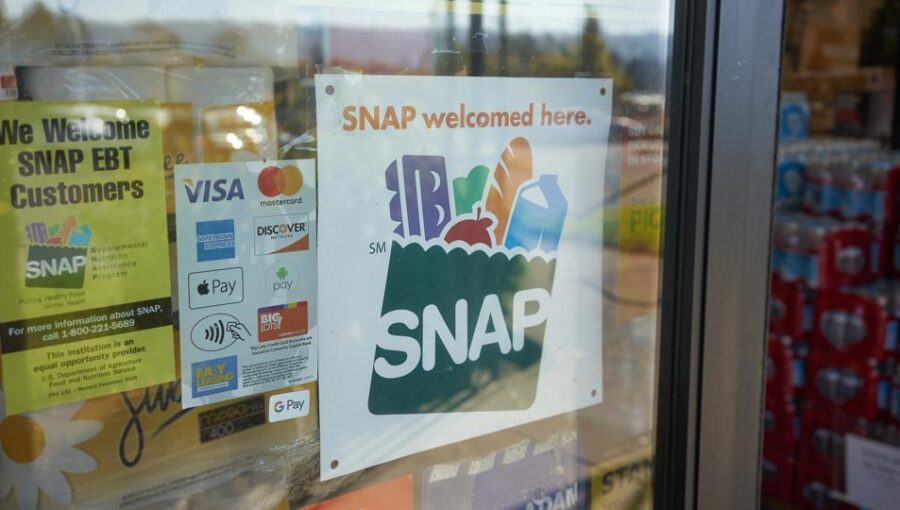Washington citizens on the Supplemental Nutrition Assistance Program (SNAP), or the Basic Food Program, face a deadline in January. Food stamps for January will last for three days, so beneficiaries should use them wisely. The impending deadline shows how important SNAP is to households, with sums up to $1,751 depending on family size.

Income Requirements and Eligibility Criteria
From January 1 to January 20, Washington’s SNAP program, known as the Basic Food Program, has a critical deadline and payment structure. Payments are date-based per recipients’ approval letters. The structure limits one-person households to $291, five-person families to $1,155, and eight-person households to $1,751. Cost-of-living increases for 2023-24 provide $219 for each member after the ninth.
SNAP eligibility in Washington depends on specified income criteria. Average monthly income must be below 130% of the federal poverty threshold. A one-person home can earn $1,945, while a three-person family can earn $3,299. These measures ensure food assistance is available while maintaining financial stability.
SNAP households get benefits via an EBT card, enabling seamless purchases at grocery and convenience businesses. EBT cards allow recipients to buy meat, poultry, dairy, and more. This technique simplifies distribution and improves beneficiary access to nutritious food.
READ ALSO: Citibank User’s $1,500 Nightmare: Lost Mortgage Payment Sparks Frustration and Financial Panic
Navigating Hurdles and Ensuring Food Security
Approximately 18% of Washington’s population, or 310,900 individuals, rely on food stamps, according to data from the Center on Budget and Policy Priorities. This data shows that SNAP is a lifeline for many of the state’s population. As the program’s monthly deadline approaches, vulnerable households suffer.
The end of January’s SNAP benefits presents hurdles for families and individuals to maintain food security. The collaboration between government aid programs and the local community is crucial to meeting the requirements of vulnerable populations, underlining our need to fight food insecurity in Washington state.
READ ALSO: The CEO’s Honesty Reveals Forever 21’s Strategic Comeback: Exciting Online Collaboration



